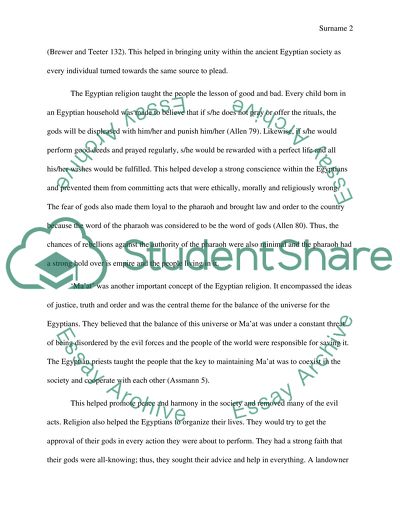Cite this document
(“How did the roll of religion affect ancient Egypt Research Paper”, n.d.)
How did the roll of religion affect ancient Egypt Research Paper. Retrieved from https://studentshare.org/history/1605599-how-did-the-roll-of-religion-affect-ancient-egypt
How did the roll of religion affect ancient Egypt Research Paper. Retrieved from https://studentshare.org/history/1605599-how-did-the-roll-of-religion-affect-ancient-egypt
(How Did the Roll of Religion Affect Ancient Egypt Research Paper)
How Did the Roll of Religion Affect Ancient Egypt Research Paper. https://studentshare.org/history/1605599-how-did-the-roll-of-religion-affect-ancient-egypt.
How Did the Roll of Religion Affect Ancient Egypt Research Paper. https://studentshare.org/history/1605599-how-did-the-roll-of-religion-affect-ancient-egypt.
“How Did the Roll of Religion Affect Ancient Egypt Research Paper”, n.d. https://studentshare.org/history/1605599-how-did-the-roll-of-religion-affect-ancient-egypt.


